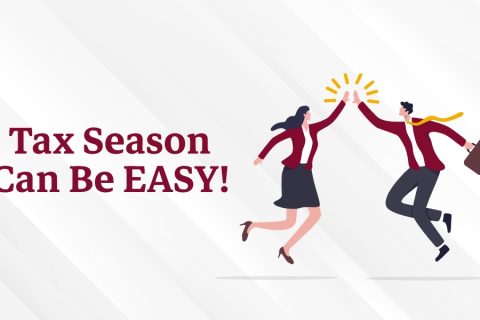As the year draws to a close, small businesses need to turn their attention to year-end tax planning. Careful planning can help minimize tax liability, make the most of available deductions and credits, and ensure that you start the new year on the right footing.
Here are some essential year-end tax planning tips for small businesses:
- Review financial statements, including income, expenses, and cash flow.
- Consider delaying income receipts until the following year, which can help reduce your taxable income for the current year.
- Prepay expenses or make necessary purchases before year-end to increase deductions for the current year. This is especially relevant for businesses using the cash method of accounting.
- Assess whether your current business structure is the most tax-efficient option for your circumstances. Changing your structure may have tax implications, so consult with a tax professional.
- If you plan to make charitable contributions, do so before year-end to claim deductions for the current tax year.
- Make sure you’ve paid all required tax payments to avoid penalties and interest.
- Investigate potential tax credits for which your business may qualify.
- Keep an eye on changes in tax laws that could impact your business.
- Maintain thorough records and documentation of all business expenses to support your deductions in case of an audit.
- Tax planning can be intricate, and the tax code is subject to changes. Consult with a tax professional or accountant to navigate complexities and maximize tax savings.
Effective year-end tax planning is not only about minimizing your tax bill but also about positioning your business for financial success in the upcoming year. Small businesses should tailor their tax strategies to their specific needs and consult with tax professionals to ensure that they’re making the most informed decisions for their unique circumstances.








